CSBAG roots for increased funding for GBV at local government
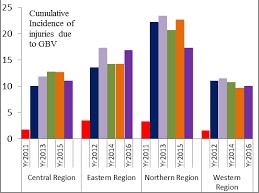
Uganda faces a rising gender-based- violence burden amidst low prioritization of responses in national planning and budgeting. The number of reported cases jumped three-fold from 2386 in 2019, to 8000 cases in 2020.
More than half of victims -56pc- were women, reflecting the fact that GBV affects both men and women and is more of a development than gender issue. The stark numbers were revealed December 1, during a Civil Society Budget Advocacy Group CSBAG organized strategic meeting on increased Local Government Financing for Gender Based Violence responses.
Speaking during the opening, CSBA Executive Director Julius Mukunda pointed to the need for increased advocacy, arguing that while there were resource constraints, increased GBV financing could be realized if it was given a sense of urgency during the determination of national priorities. Munda further observed that even control of the meagre allocations to GBV remained at the centre, while local governments which are closer to the community are starved of operational finds.
“We need to try to be in the right place at the right time, which in this case means being more proactive during formulation of the National Budget Framework Papers,” he said.
He added that money should be going to funding the operationalization of probation officers at districts and family counselors at community level police stations.
According to some estimates, Uganda is losing as much as much UGX77.5billion or 0.25pc of the national budget annually, in care for victims of GBV. However, responses that would deter the scourge face several constraints, among them low funding, centralization of resources and critical staffing gaps at the local government level.
According to the third edition of Uganda’s National Development Plan, the country to reduce GBV prevalence from 55pc in 2019 to 44pc by 2025. Reported cases however, instead indicate a spike to 59pc during 2021.
Judith Mutabazi, the Acting Manager for Social Planning at the National Planning Authority says inadequate technical capacity for integrating GBV in planning and budgeting at the local government level had affected resource allocation. Meanwhile low staffing levels were a challenge that is feeding into problems with data collection and management, poor facilitation for law-enforcement and increased instances of settlement between offenders and victims outside the judicial system.
She added that it important for GBV to be seen as a national development issue because of its social implications and impacts on economic productivity.

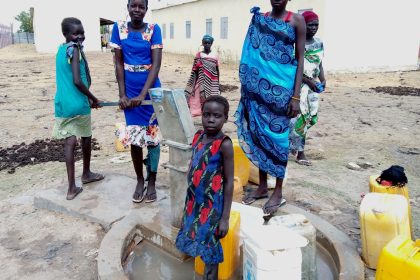 Unpacking results-based financing: balancing strengths with weaknesses
Unpacking results-based financing: balancing strengths with weaknesses
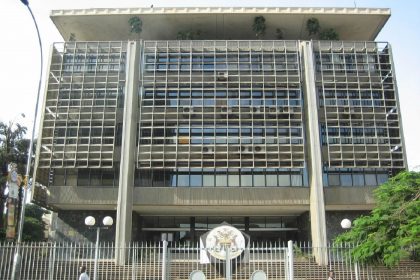 Mergers and degradations predicted as Uganda lenders move to comply with higher capital thresholds
Mergers and degradations predicted as Uganda lenders move to comply with higher capital thresholds
 Regional tentative policy to govern cross-border labour gets approval
Regional tentative policy to govern cross-border labour gets approval
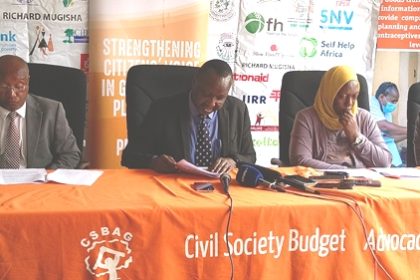 Uganda on edge of debt distress, needs 35 years to settle domestic arrears
Uganda on edge of debt distress, needs 35 years to settle domestic arrears
 Uganda raises purity standards for tin exports
Uganda raises purity standards for tin exports
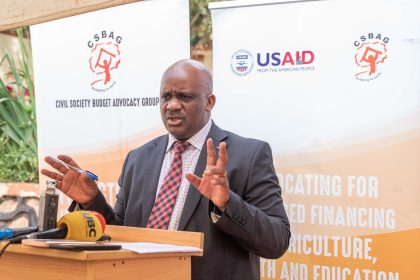 CSBAG warns fiscal indiscipline and runaway graft a threat to Uganda’s economic recovery
CSBAG warns fiscal indiscipline and runaway graft a threat to Uganda’s economic recovery
